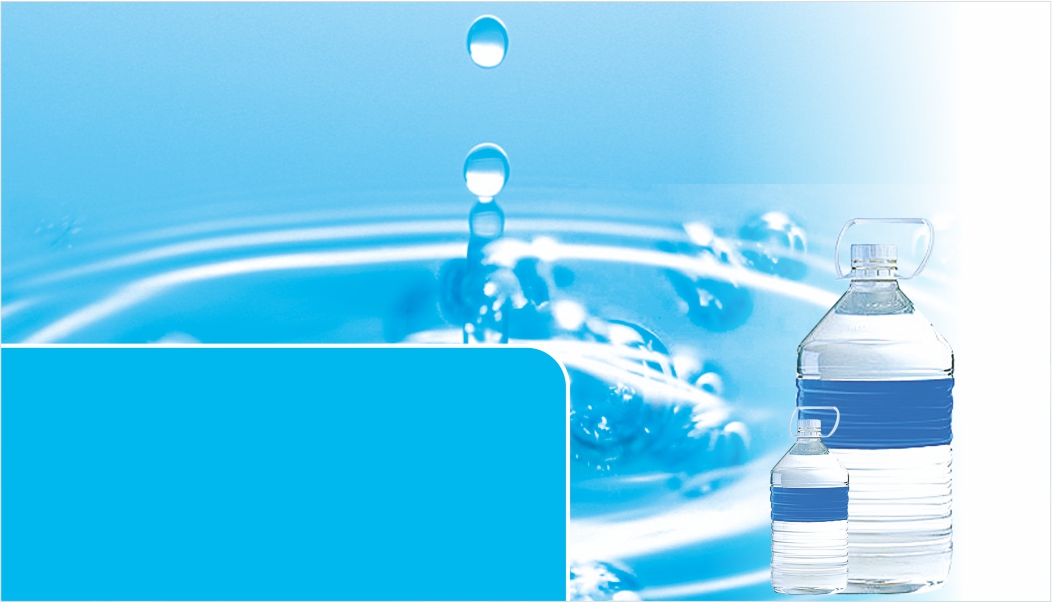Unveiling the Science Behind Pure Water Filtration Technology

Access to clean and pure water is essential for maintaining good health and well-being. With the increasing concern over water pollution and contamination, the need for effective water filtration technology has become more pronounced. In this article, we will delve into the science behind pure water filtration technology, exploring how it works and the different methods used to ensure the water we drink is safe and free from harmful impurities.
The Importance of Water Filtration
Water filtration plays a crucial role in ensuring that the water we consume is free from contaminants that can pose health risks. Some of the key reasons why water filtration is essential include:
Removal of Harmful Substances
- Water filtration helps to remove impurities such as bacteria, viruses, chemicals, and heavy metals that can be harmful to our health.
- By removing these harmful substances, water filtration helps to reduce the risk of waterborne diseases and illnesses.
Improvement of Taste and Odor
- Filtration technology can also help to improve the taste and odor of water by removing chlorine, sulfur, and other compounds that affect its quality.
- This makes water more palatable and encourages people to stay hydrated by drinking more water.
How Water Filtration Technology Works
Water filtration technology works by using physical or chemical processes to remove impurities from water. There are several methods used in water filtration, each with its unique way of purifying water:
Reverse Osmosis
- Reverse osmosis is a filtration process that uses a semipermeable membrane to remove ions, molecules, and larger particles from water.
- It is highly effective in removing contaminants such as dissolved salts, bacteria, and organic compounds.
Activated Carbon Filtration
- Activated carbon filters work by adsorbing impurities onto the surface of the carbon, removing chlorine, volatile organic compounds, and other contaminants.
- They are commonly used in household water filtration systems and are effective in improving the taste and odor of water.
UV Water Purification
- UV water purification is a chemical-free method that uses ultraviolet light to kill bacteria, viruses, and other microorganisms in water.
- It is often used in conjunction with other filtration methods to ensure thorough purification of water.
Advancements in Water Filtration Technology
Over the years, there have been significant advancements in water filtration technology, leading to more efficient and effective methods of water purification. Some of the latest advancements include:
Nanotechnology
- Nanotechnology has revolutionized water filtration by providing a more precise and effective way of removing contaminants at the molecular level.
- Nanomaterials such as carbon nanotubes and nanoparticles offer high surface area and reactivity, making them ideal for water treatment applications.
Membrane Technology
- Membrane technology has seen improvements in membrane materials and designs, leading to enhanced filtration efficiency and durability.
- New membrane technologies such as ceramic membranes and forward osmosis membranes are being developed to address specific water treatment challenges.
Benefits of Pure Water Filtration Technology
The use of pure water filtration technology offers a range of benefits that contribute to improved health and quality of life. Some of the key benefits include:
Healthier Drinking Water
- Filtered water is free from harmful contaminants, ensuring that it is safe for consumption and reduces the risk of waterborne diseases.
- Drinking clean water also helps to improve digestion, boost immunity, and promote overall well-being.
Environmental Sustainability
- Water filtration technology helps to reduce the consumption of single-use plastic bottles, which contribute to environmental pollution.
- By promoting the use of filtered tap water, it helps to minimize plastic waste and protect the environment.
Conclusion
Water filtration technology is a vital tool in ensuring access to safe and clean drinking water. By understanding the science behind pure water filtration technology and the various methods used for purification, we can make informed choices to protect our health and well-being. With ongoing advancements in filtration technology, we can look forward to even more efficient and sustainable methods of water purification in the future.
Share this post: on Twitter on Facebook on Google+